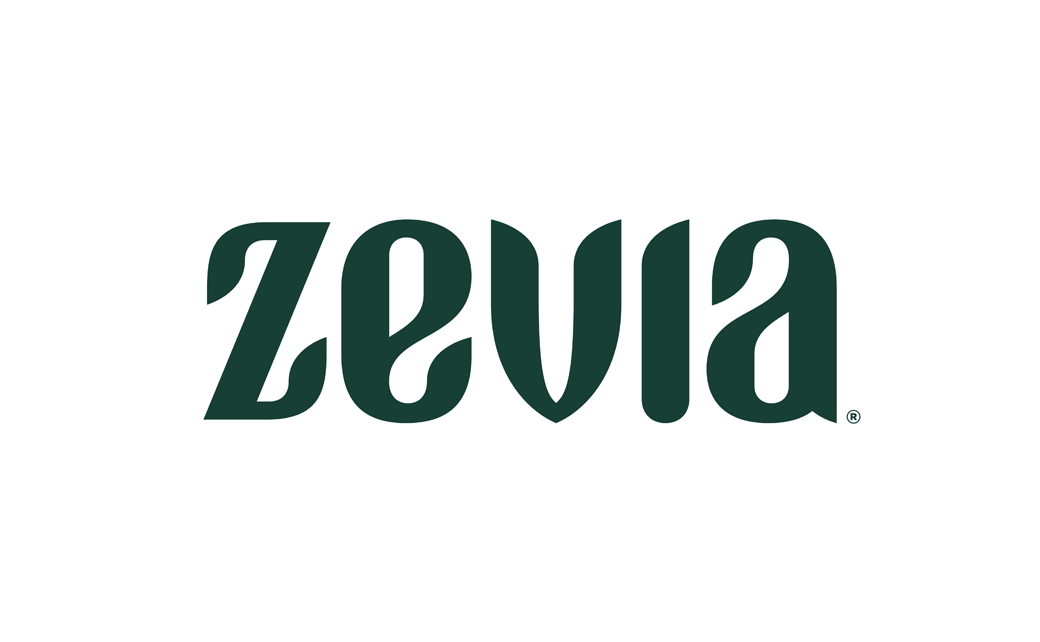Executive Search Technology: Transforming Executive Recruitment
Executive search technology is reshaping the recruitment landscape in the Consumer Packaged Goods (CPG) sector. The integration of advanced technology and data analytics has streamlined the recruitment process, improved candidate quality, and enhanced overall efficiency. Let’s explore how these tools are revolutionizing executive search.
The Rise of Technology in Executive Search
Artificial Intelligence (AI) and Machine Learning
AI and machine learning are at the forefront of executive search technology. These tools sift through vast amounts of data to identify potential candidates. They analyze resumes, social media profiles, and other digital footprints to create a comprehensive picture of a candidate’s suitability. Platforms like LinkedIn Recruiter use AI to recommend candidates based on job requirements and hiring patterns. This speeds up the screening process and reduces bias, leading to more diverse and qualified candidate pools.
![]()
Predictive Analytics
Predictive analytics uses historical data to forecast future outcomes. In executive search, it predicts which candidates are most likely to succeed in specific roles. By analyzing data from past hires—such as career progression, performance metrics, and retention rates—companies can identify patterns that correlate with success. This approach ensures that hires are not only capable but also aligned with the company’s goals.
Automated Screening and Interviewing
Automation tools are transforming the screening and interviewing processes. Applicant Tracking Systems (ATS) automatically filter resumes based on keywords and qualifications. Automated interview platforms conduct initial video interviews, ask pre-set questions, and analyze responses using natural language processing (NLP). These tools save time and resources by eliminating the need for manual review. They also provide a consistent and fair evaluation method.
Data Analytics Technology in Executive Search
Data analytics offers insights that were previously unattainable. Here’s how it’s making a difference:
Enhanced Candidate Insights
Recruiters can gather and analyze data from various sources, including social media and professional networks. This provides a comprehensive view of a candidate’s skills, experience, and reputation. Leveraging these insights allows recruiters to make more informed decisions. For example, a candidate’s LinkedIn activity can reveal their industry expertise and thought leadership.
Market and Competitive Analysis
Data analytics enables companies to conduct market and competitive analysis. This helps them understand the talent landscape and identify opportunities and threats. By analyzing industry trends, salary benchmarks, and competitor hiring activities, companies can develop effective recruitment strategies. This proactive approach ensures that companies stay ahead in meeting their executive talent needs.
Measuring Recruitment Effectiveness
One of the biggest challenges in executive search is measuring recruitment effectiveness. Data analytics provides tools to track key performance indicators (KPIs) such as time-to-hire, cost-per-hire, and quality of hire. Analyzing these metrics helps companies identify areas for improvement and optimize their recruitment processes.

Case Studies: Success Stories in the CPG Sector
Unilever
Unilever uses AI-driven tools to screen candidates and conduct digital interviews. Their process includes gamified assessments and AI-powered video interviews that analyze candidates’ facial expressions, body language, and speech patterns. This approach has reduced time-to-hire and improved the quality of selected candidates.
Procter & Gamble (P&G)
P&G utilizes data analytics to enhance talent acquisition strategies. They collect and analyze data to gain insights into candidate behavior and preferences. This helps them refine recruitment marketing efforts and create compelling employer branding campaigns. As a result, P&G attracts and retains top executives in a competitive market.
Nestlé
Nestlé has implemented a robust ATS that integrates with data analytics platforms. This system tracks candidate interactions, measures engagement levels, and provides real-time insights into recruitment campaign effectiveness. Leveraging these analytics, Nestlé has optimized talent acquisition strategies and improved the candidate experience.
The Road Ahead
As executive search technology and data analytics continue to evolve, their impact on executive recruitment in the CPG sector will grow. Companies that embrace these advancements will attract, assess, and retain top executive talent more effectively. To stay competitive, CPG companies must invest in cutting-edge recruitment technologies and data analytics capabilities. This includes adopting the latest tools and fostering a culture of continuous learning and adaptation. By doing so, they can ensure their executive search processes are agile, efficient, and effective, leading to better business outcomes.
In conclusion, the future of executive search in the CPG sector lies in the integration of technology and data analytics. These tools are transforming recruitment, enabling companies to make smarter, data-driven decisions and secure the best talent for their leadership teams. As the industry evolves, those who leverage these advancements will navigate the challenges and opportunities ahead successfully.

.jpg?width=352&name=Pet%20Industry%20Photo%20(1).jpg)
















